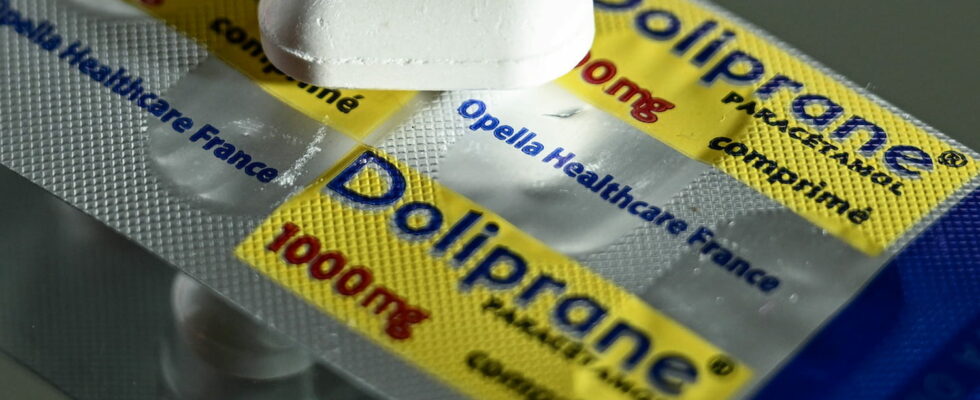The pharmaceutical group Sanofi announced last Friday that it wanted to cede 50% of control of its over-the-counter products subsidiary, which includes Doliprane, to the American investment fund CD&R.
The news had the effect of a small earthquake. Friday October 11, the French pharmaceutical group Sanofi revealed its intention to cede no less than 50% of control of its over-the-counter products subsidiary, called Orpella, to the American investment fund CD&R. An announcement which did not go unnoticed, because until recently, after the Covid-19 pandemic, Doliprane – which is produced by Opella – had been erected as a symbol of health sovereignty.
But this Monday, October 14, Emmanuel Macron himself was reassuring. “We fought so that Doliprane was reproduced in France and that we reproduce molecules and drugs which are essential,” recalled, on the sidelines of the Paris Motor Show, the Head of State, of which The World echoes this, adding: “And then there is capitalistic ownership. And there, the government has the instruments to guarantee that France is protected.”
An agreement and several commitments
At the bedside of striking employees at the Sanofi factory in Lisieux, in Calvados, this Monday, the Minister of the Economy, Antoine Armand, who was accompanied for the occasion by the Minister Delegate in charge of Industry, Marc Ferracci, wanted to be optimistic about the outcome of this possible sale. He said that during the “discussions with Sanofi and Opella”, which were initiated, there would have clearly been talk of “conditions which would be essential and a formalized agreement”.
And to insist: “These guarantees must be respected and we will ensure that they are by mobilizing all the legislative and regulatory tools at our disposal, including penalties and sanctions in the event of non-compliance with the agreement” . If no details regarding potential sanctions have been provided, there would be several major conditions on the table for this purchase. Among them: the maintenance in France of Opella’s headquarters and decision-making centers, but also of a certain production aimed at supplying the French market, of jobs as well as the preservation of the “ecosystem of subcontractors” and the pursuit of the objectives of relocating Doliprane in France. Research and development is also mentioned.
For its part, Sanofi defends a sale which would allow “the creation of a new global champion, the only one based in France, in the consumer health sector”, and assures that the American investment fund would be capable of ” brought[r] solidity and financial guarantees sufficient to maintain and develop Opella’s activities in France and around the world.” Sanofi also insists on the fact that it intends to remain “associated”. “We keep 50% of the capital. It’s not a dry sale,” he defends while the unions and part of the French political class do not view this split very favorably.
